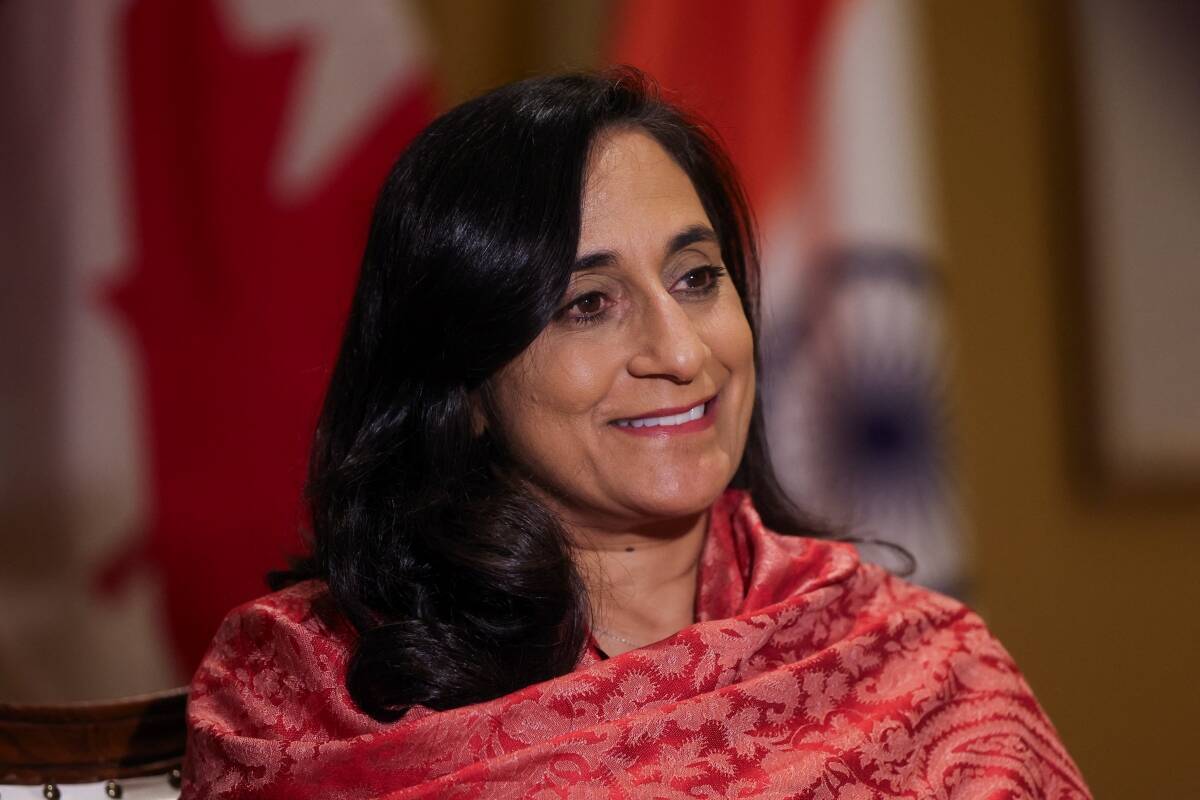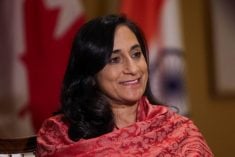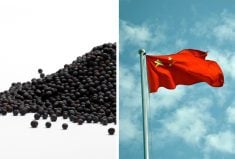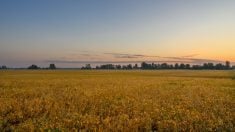CWB representatives participated in a conference call with Keystone Agricultural Producers members yesterday to answer questions regarding a new arrangement for farmer equity in the company.
Bunge Canada and the Saudi Agricultural and Livestock Investment Company announced a $250 investment into the CWB Wednesday, which give them a 50.1 percent share in the grain handling and merchandising firm.
The joint venture will be known as G3 Global Grain Group. Its headquarters will be in Winnipeg.
Western Canadian farmers now own a 49.9 percent stake in CWB. Farmers can participate by selling grain to CWB. Farmers will receive a $5 equity share in a trust for every tonne of grain sold.
Read Also

Canada and China discuss disputes over canola and EVs, says Ottawa
Senior Canadian and Chinese officials discussed bilateral trade disputes involving canola and electric vehicles on Friday, Ottawa said, but gave no indication of any immediate breakthrough.
Three independent trustees will oversee the trust.
Farmers equity will be held in trust for a minimum of seven years, or until the trust is fully allocated to $249 million.
After seven years, G3 has the option of buying out farmer equity held in the trust at market value.
Manitoba farmers who attended a KAP meeting in Portage la Prairie had questions for Dayna Spiring, CWB chief strategy officer, and Ward Weisensel, chief operating officer.
Dan Mazier, Justice, Man.: What happens if in the seven years you happen to retire or pull out of farming and you have equity (in the trust)?
Spiring: Upon reaching 75 years of age, or if one was to retire from (farming), the trust will redeem the equity held by a farmer and pay the farmer the fair market value of the equity at that time.
Doug Chorney, East Selkirk, Man.: What is the split in ownership between Bunge and the Saudi company?
Spiring: Bunge is the majority owner of that joint venture. The exact percentages aren’t public at this point. That’s something for G3 to address.
Chorney: The three public trustees, how will they be appointed and will farm organizations have an opportunity to be part of that appointment process?
Spiring: We are currently preparing a short list of trustees that we think will be suitable…. CWB will ultimately be the people appointing the trustees. That said, we welcome input and we will be coming to you to get input from KAP and others before these decisions are made.
James Battershill, KAP general manager: If additional investments are made … how will it affect farmers’ share in the CWB?
Spiring: We have a very aggressive business plan … and if more capital is needed in the business, G3 may decide to invest additional capital in the business. (Then) the percentage of equity will change. If G3 invests more capital, they will probably have a larger share of the equity.
Mazier: Is the farmers’ portion locked in at $249 million?
Spiring: When we close this transaction, farmers will own 49.9 percent of CWB. That 49.9 percent will translate into a fixed number of shares in CWB.
Those shares will always be owned by the farmers trust, unless they are bought out.
The percentage may change if additional equity goes in. The fixed number of shares may not amount to 49.9 percent, but the value of those shares will belong to the trust…. If the (company) equity grows, farmers will benefit from that growth…. Farmers will get the upside. As the company grows and becomes more profitable, their (farmers) share value will grow.
Les Ferris, Holland, Man.: When you buy out the 75-year-old man that retires, is that equity allocated to a (another) producer?
Spiring: That’s something the trustees are going to have to make a decision on…. The trust would either pay the producer for the equity that he or she held. That would, potentially, make additional shares available for other producers. That would be a question for the trust, on how they want to deal with that.
Bill Campbell, Minto, Man.: Can you elaborate on the livestock portion of their portfolio (the Saudi firm) and will you be purchasing feed grains?
Spiring: The Saudi Agricultural Livestock Investment Company is simply the Saudi agriculture trading company out of Saudi Arabia.
Weisensel: We do intend on trading feed grains. We do that today and we plan on doing that going forward
Campbell: When does this company actually start business?
Spiring: We’re open for business today. We were open for business yesterday. This is just an investment.
Butch Harder, Lowe Farm, Man.: Do I understand that after seven years we will have to sell our equity?
Spiring: No…. There’s been a lot of confusion around this. There is a provision in the agreement that allows G3 to buy out the equity after a period of seven years…. (But) these are two very sophisticated investors who are coming to invest in the CWB. We asked them to effectively marry together with western Canadian farmers and partner with each other for a period of time.
All of the bidders that we looked at … requested a time period at which if the arrangement isn’t working well, if farmers want liquidity, if the company wants to be a sole shareholder, they all requested a period of time (where) they could look at doing that.
It’s unclear whether G3 will choose to exercise that option…. If the relationship works well, there’s no reason for it to end.
Harder: Will this company hold public accountability meetings?
Spiring: There will be annual meetings for the trustees. All the farmers who participate in the trust will be invited to a meeting.
In terms of public accountability, we will be a private company so there won’t be corporate meetings as you (saw) from the CWB in the past.
Battershill: Will shares in the trust eventually become shares in the privately held company?
Spiring: No. The shares will always be held in trust. That was very important to the structure of the deal because it protects equity for the benefit of farmers…. This trust structure is independent of G3 and ensures that farmer equity is protected…. If the CWB was to IPO (initial public offering) or be sold in its entirety, farmers will realize on those units and be paid for those units.
There is also an opportunity for the trustees … to create a market for the units in the trust and allow those trust units to be tradable among farmers…. (But) there are some security commission hurdles to be overcome to make that happen. But that is something that will be considered in the years to come.
Contact robert.arnason@producer.com















